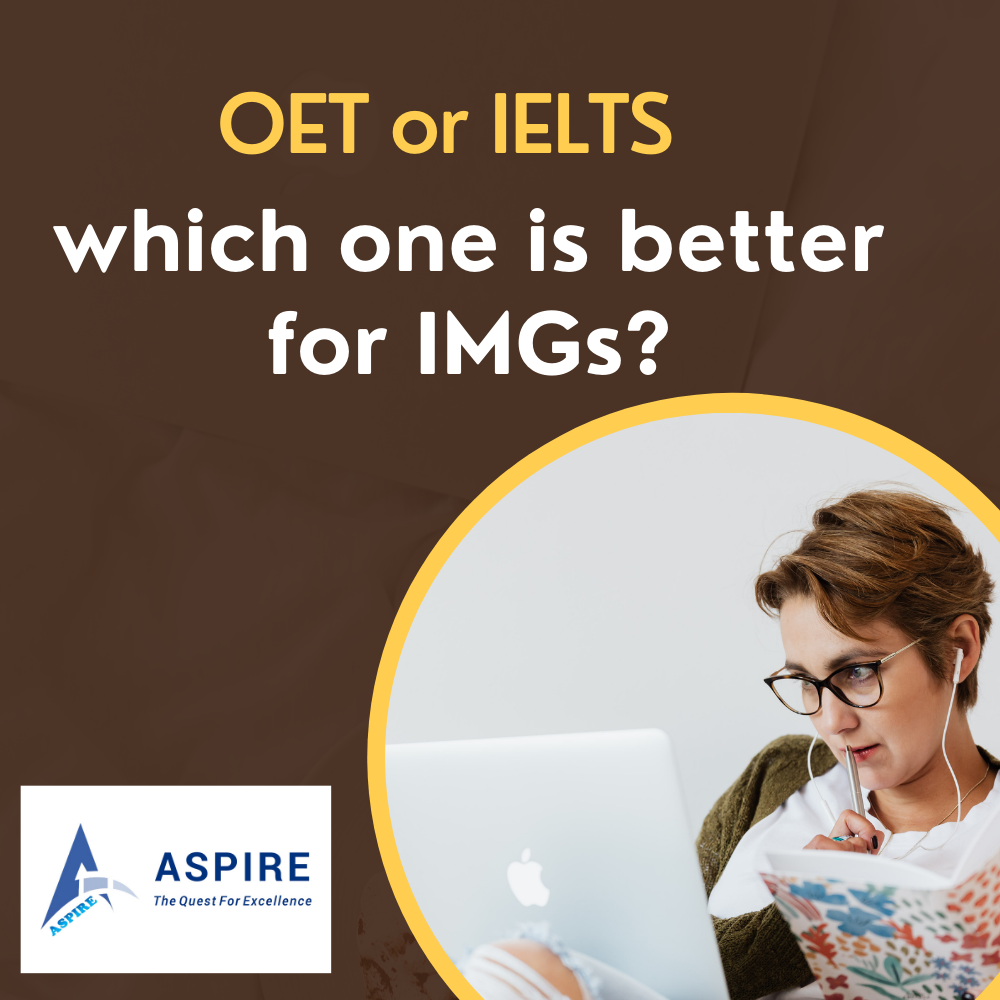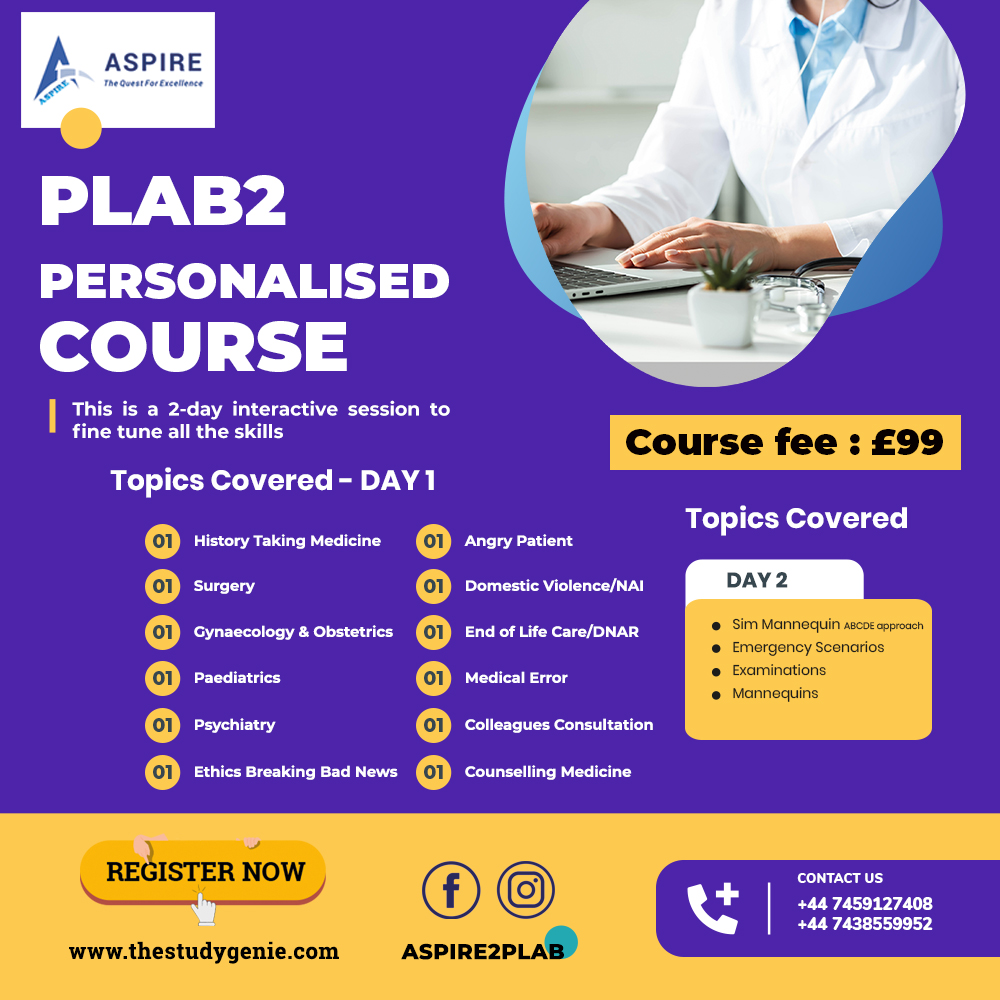OET or IELTS? which one is better for IMGs?

OET or IELTS - which one is better for IMGs?
As an International Medical Graduate, you are expected to give evidence of your level of proficiency in the English language to be able to get registered and gain a license to practice in the UK. For the same, you have an option to choose either OET or IELTS but how are they different and how can you choose?
Let’s break it down for you!
Understanding what they are:
OET– Occupational English Test
IELTS– International English Language Testing System
These tests gauge whether you will be able to interact with patients and colleagues and handle written documentation for patient care once you start working in the UK. For most International medical graduates, English is not their first language, hence the need of these tests.
Scoring:
The required scores to appear for PLAB are:
OET- A minimum of ‘B’ grade in all testing areas
IELTS- A minimum of 7 in each testing area & an overall score of 7.5
The similarities
Both these tests have been designed to test one’s proficiency in the English language in 4 different areas- speaking, reading, writing and listening. The marking is done separately in all these 4 domains and a lowest expected standard, as mentioned above, is set. They are not pass or fail tests but reflective of one’s level of proficiency.
It is pertinent to mention here that for the purpose of PLAB and GMC registration, both are acceptable- OET as well as IELTS Academic UKVI.
The validity of both is for 2 years and the results need to be valid on the day of appearing for PLAB1 as well as when your application for registration & license to practice is approved.
The differences
While both the tests assess the same aspects of one’s grasp over the English language, there are things that set these two apart.
- IELTS is a common test that is designed for students who wish to travel abroad for higher education or professional registration. Thus, it includes topics that are broad and not limited to the medical niche. OET, on the other hand, has been designed specifically for medical professionals and thus the topics may feel more relevant and easier to comprehend. E.g. in IELTS, you may get to talk on climate change while in OET, you get two simulated patient encounters. No points for guessing which one will look and feel more relatable to you.
So, what’s the right choice?
It really does not mean that since OET deals with healthcare scenarios while IELTS encompasses broader topics, IELTS is difficult for doctors and OET easier. Both the tests need preparation but it is just that there is a comfort level many experience with the kind of scenarios and tasks in OET as they feel close to what your every day at work looks like. Vocabulary is a significant aspect of any language and it is but natural that doctors have a better healthcare related vocabulary than in other fields, making OET sound more reasonable. While in OET, grammar may be discounted a bit but there is emphasis on communication skills that may be quite different in one’s home country. Although this may need more practice but it has an upside to it, acting as preparation for PLAB2 communication skills.
If you are comfortable and proficient in English and have no trouble handling broad topics, IELTS may appeal to you more due to its established repute and availability of resources.
If English is not the language you generally use and/or you feel you may be more comfortable dealing with relatable scenarios, OET may be the right choice for you.
The choice is really up to you as there are no rights or wrongs to it. Hope this helps you make an informed one!



